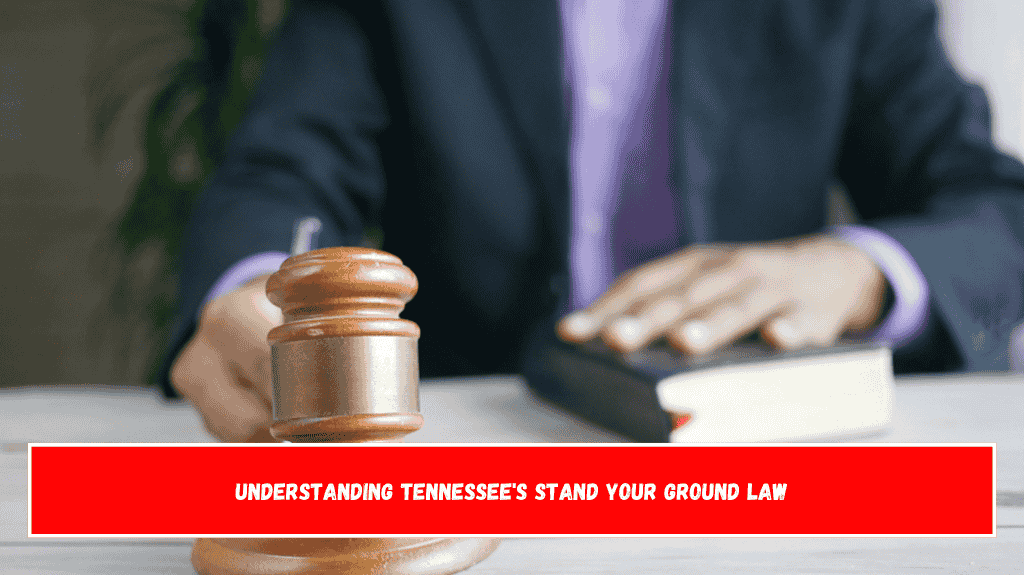Tennessee’s “Stand Your Ground” law is a self-defense statute that allows individuals to use force, including deadly force, without a duty to retreat, provided specific conditions are met. Here’s an overview of the law and its key components:
Key Provisions of Tennessee’s Stand Your Ground Law
- No Duty to Retreat: Individuals in Tennessee are not required to retreat before using force to defend themselves if they are in a place where they have a legal right to be, such as their home, vehicle, workplace, or public space.
- Reasonable Belief of Imminent Danger:
- The individual must have a reasonable belief that they or someone else is in imminent danger of death or serious bodily injury.
- The perceived threat must be immediate and real, or reasonably believed to be real at the time.
- Proportional Response:
- The use of force must be proportional to the threat. Deadly force is justified only if the threat involves potential death or serious bodily harm.
- Lawful Presence and Conduct:
- The person invoking the law must not be engaged in any unlawful activity at the time of the incident.
- They must be in a location where they are lawfully present.
- Protection of Others: The law also allows individuals to use force to protect others who are under imminent threat of harm, provided the same criteria for self-defense are met.
Castle Doctrine vs. Stand Your Ground
- The “Castle Doctrine” is a subset of Tennessee’s self-defense laws that applies specifically to defending one’s home, vehicle, or business. Under this doctrine, individuals have no duty to retreat before using force against an intruder who unlawfully enters these spaces.
- The Stand Your Ground law extends this principle beyond one’s property, applying it to any location where the individual has a lawful right to be.
Legal Considerations
- Burden of Proof: If self-defense is claimed under this law during a trial, prosecutors must prove beyond a reasonable doubt that the defendant did not act in self-defense.
- Reasonable Belief Standard: Courts evaluate whether the belief in imminent danger was reasonable under the circumstances. Even mistaken beliefs can qualify if they were reasonable at the time.
Examples of Justifiable Use of Force
- Defending against an armed robbery or carjacking.
- Protecting oneself from an attacker threatening serious harm with a weapon.
- Using force to prevent violent crimes like burglary or assault.
Tennessee’s Stand Your Ground law provides robust protections for individuals acting in self-defense but requires strict adherence to its conditions. Misuse of this defense or excessive force can still lead to criminal liability.
Sources
- https://en.wikipedia.org/wiki/Stand-your-ground_law
- https://collins.legal/blog/tennessee-self-defense-laws/
- https://www.capitol.tn.gov/Bills/106/Bill/SB1609.pdf
- https://www.brownandroberto.com/stand-your-ground-law-in-tennessee.html
- https://www.bestlawhb.com/the-castle-doctrine-and-stand-your-ground-laws-self-defense-in-tennessee/
















Leave a Reply